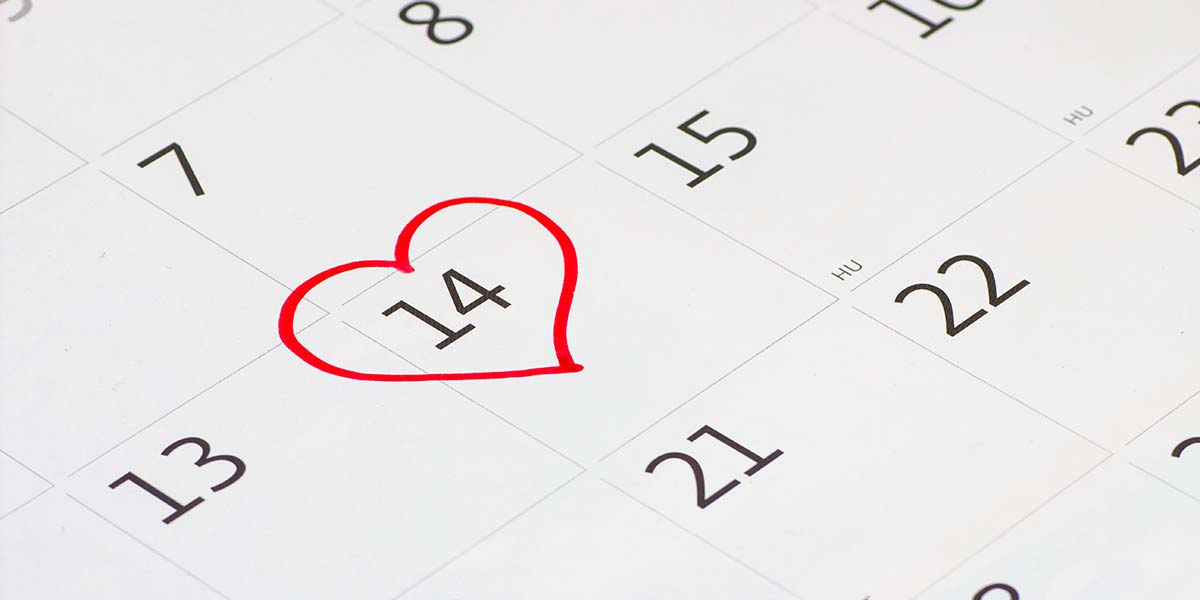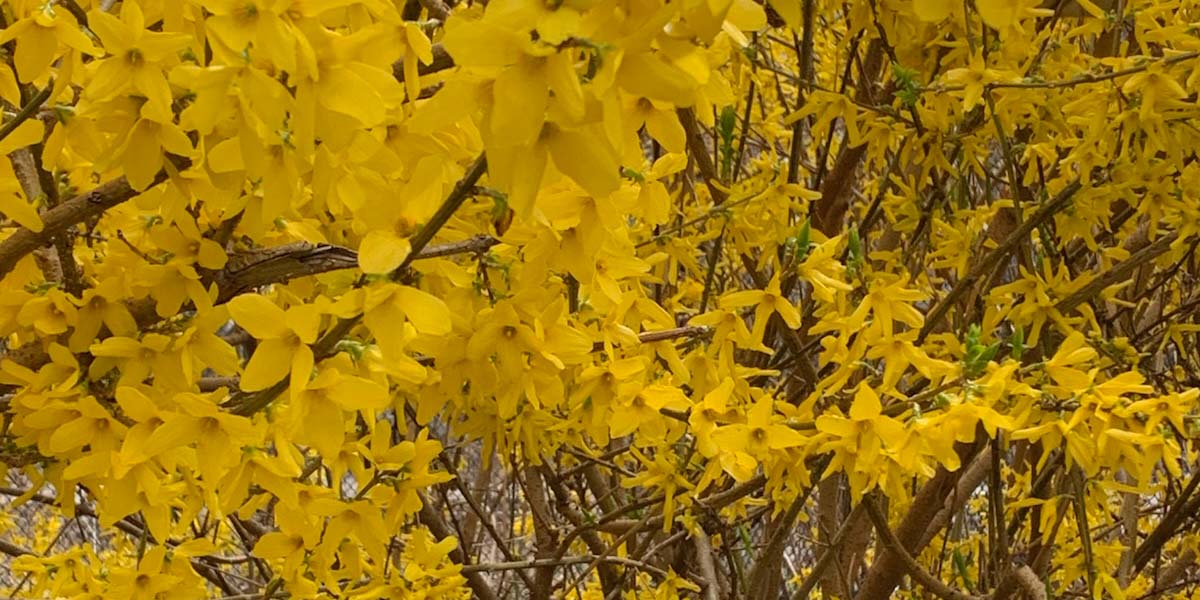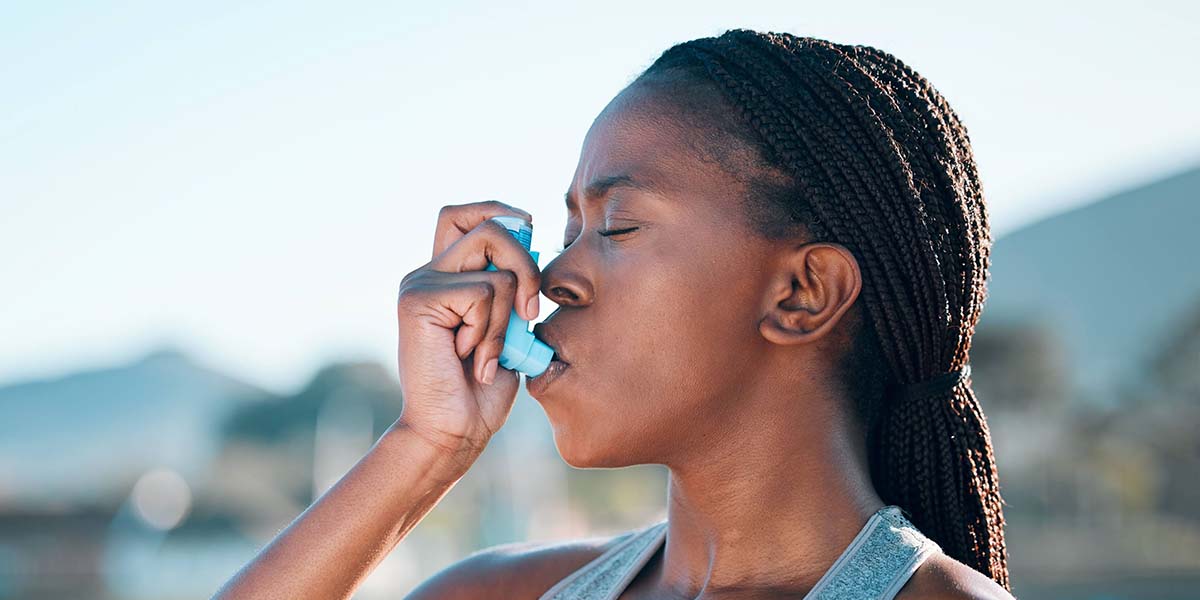Are your allergy symptoms flaring up in late summer and early fall? If so, ragweed…

Valentine’s Day is for Lovers Allergy Sufferers!
Valentine’s Day may be known for lovers…but for allergy sufferers, it marks the day they should get ready to combat spring allergies.
2023 was the warmest year on record*, and winter has been deemed the fastest warming of the four seasons for the majority of the U.S. For spring allergy suffers, the consequence of warmer winters means allergy season will start earlier and last longer.
Since tree pollen season for the Philadelphia region runs from the end of February through April, it’s a good rule of thumb to have medicine on hand by Valentine’s Day. Review a plan with your allergist to start prescribed medications, antihistamines, or steroid nasal sprays mid-February so your body is ready as symptoms ramp up.
Treatments for spring allergies
Dr. Manav Segal, top Philly allergist and an Ambassador for the American Board of Allergy and Immunology (ABAI), explains why spring allergies are getting worse, and how to plan ahead to minimize effects of a miserable allergy season.
A number of prescription and over-the-counter medications can help. Medications should only be used as directed by prescribing information or as directed by your doctor.
- Non-drowsy antihistamines are the first line of defense: loratadine, cetirizine, fexofenadine, and levocetirizine are all examples.
- Corticosteroid nasal sprays can also be used: any fluticasone nasal spray, budesonide nasal spray, or triamcinolone nasal spray.
- Decongestants are helpful for nasal congestion, but side effects are common.
- Saline eye drops and cool compresses may help address ophthalmic symptoms.
Tips:
- Stay indoors when tree pollen peaks in the early morning.
- Stay indoors on warm, windy days when pollen levels tend to be higher.
- Wear eye protection when biking.
- Keep windows closed when driving.
- Remove and wash clothes you’ve worn outside.
- Shower to rinse pollen from your skin and hair.
It’s not uncommon to wonder if your symptoms are due to allergies, cold, flu or the Corona virus. COVID-19 symptoms are distinct from typical seasonal allergy symptoms. Fever, dry cough, achy muscles and severe fatigue, nausea, and diarrhea are typically associated with the Corona virus, and not with seasonal allergies. And, Corona virus symptoms do not improve with antihistamines.
When it’s time to see an allergist:
More serious allergy indications include asthma symptoms such as coughing, wheezing, and shortness of breath. When avoidance and over-the-counter medications are not helping:
- See your allergist.
- Testing can determine what you are allergic to in order to avoid specific triggers.
- Testing can help determine treatments that are likely to work. For some, immunotherapy can be a good option.
Immunotherapy reduces immune system reactions and symptoms. Guided by a board-certified allergist, immunotherapy helps desensitize people to specific allergens by retraining the immune system to tolerate them. The key is to identify your seasonal allergy triggers and then work with your doctor to determine the right balance of strategies that enables you to reclaim your lifestyle and enjoy the season once again.
*Resource: https://www.climatecentral.org/climate-matters/2023-winter-package



